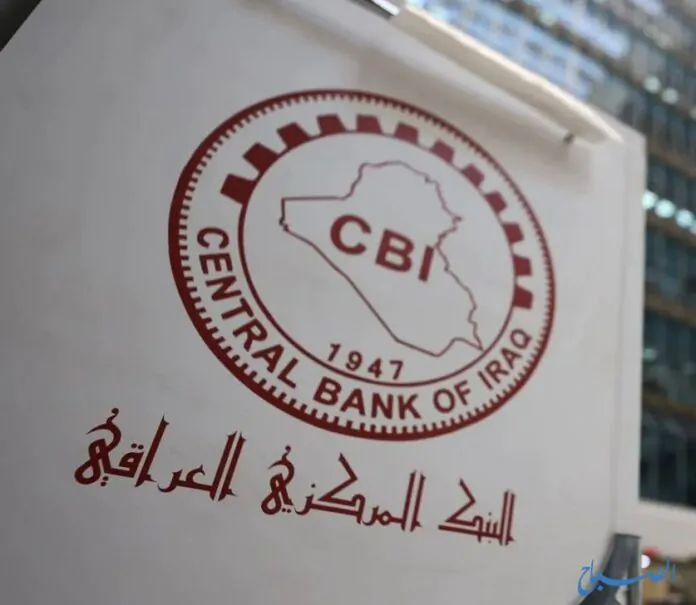The Central Bank of Iraq (CBI) expects the total value of electronic payments across the country to reach $60 billion by 2035, as part of its long-term banking reform plan and the gradual phaseout of paper transactions.
In an exclusive interview with DinarOpinions.com, CBI spokesperson Alaa Al-Fahad said the bank’s digital transformation strategy aims to reduce reliance on physical cash while promoting financial inclusion for all Iraqis.
“As part of its reform plan, the bank is pursuing electronic transformation and financial inclusion, given its significant role in reducing reliance on paper cash transactions,” Al-Fahad said.
“It has also encouraged all individuals today to increase their transactions and shift to electronic payments, particularly for salaries and government departments.”
He added that the reform plan is being implemented in cooperation with global consulting firm Oliver Wyman, which noted strong progress among Iraqi banks in adopting digital tools and modern payment systems.
According to Al-Fahad, electronic payments have already led to a sharp reduction in the printing of paper currency, while the Central Bank continues to explore the launch of fully digital banks to further reduce dependence on cash.
Over the past three years, Iraq’s digital payments sector has grown rapidly, with:
- 22 million payment cards issued, and
- More than 75,000 point-of-sale (POS) devices deployed nationwide.
Al-Fahad expects continued growth in the coming years as more citizens and institutions move toward digital transactions.
“The development of electronic payment has witnessed a qualitative leap and a very high growth rate,” he noted. “The future will bring even greater expansion in electronic payments as an alternative to paper money.”
The initiative aligns with Iraq’s broader economic modernization efforts, seeking to improve transparency, strengthen the financial system, and attract investment through digital infrastructure.





